Directory
- Share
David (Gil) Damon
- Alumni
- United States
- 2019 MPhil Public Policy
- St John's College
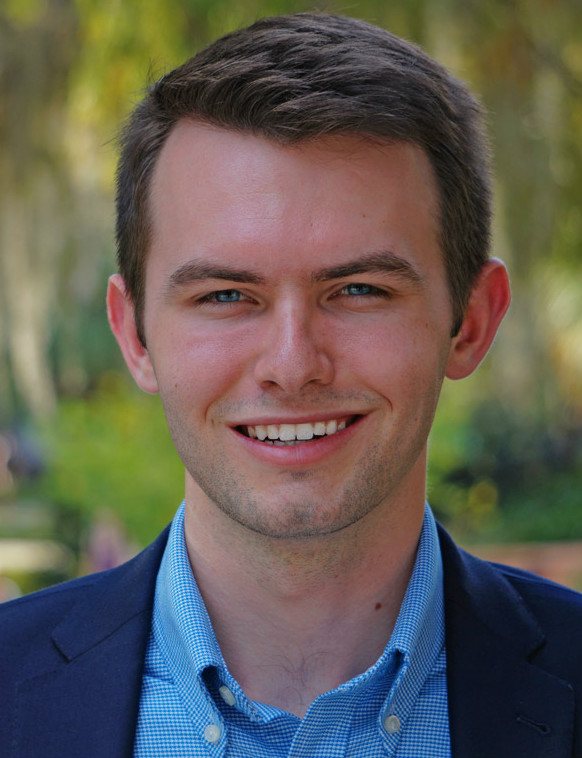
David (Gil) Damon
- Alumni
- United States
- 2019 MPhil Public Policy
- St John's College
Growing up along the rural coastline of North Florida, my community was shaped by exchanges between science, government, and aviation. When hurricanes approached, instruments aboard federal satellites and aircraft enabled life-saving forecasts. During clear skies, the health of our springs and fishing industry generated intense discussions at the state and local levels.
At Florida State University, I majored in political science and psychology to study civic institutions and the minds influencing them. As a student, I interned in the White House, the Florida legislature, and twice for NASA. Meanwhile, I spent summers as a boat captain in the Wakulla Springs wildlife sanctuary, before serving its parent agency as a Florida Gubernatorial Fellow. Prior to graduation, I defended a psychology thesis and received my university’s top undergraduate honor for political science.
As a Gates Cambridge Scholar, I researched space, defense, and environmental policies while analyzing treaties for the UK's Royal Society. I now serve as a Research Fellow at UC Berkeley, where I develop strategies that employ aviation to address key energy challenges.
Previous Education
Florida State University Bachelor of Science Psychology & Political Science 2018
Tallahassee Community College Associate of Arts Psychology 2015
Nicholas Danby
- Scholar
- United States
- 2025 MPhil Politics and International Studies
- St John's College
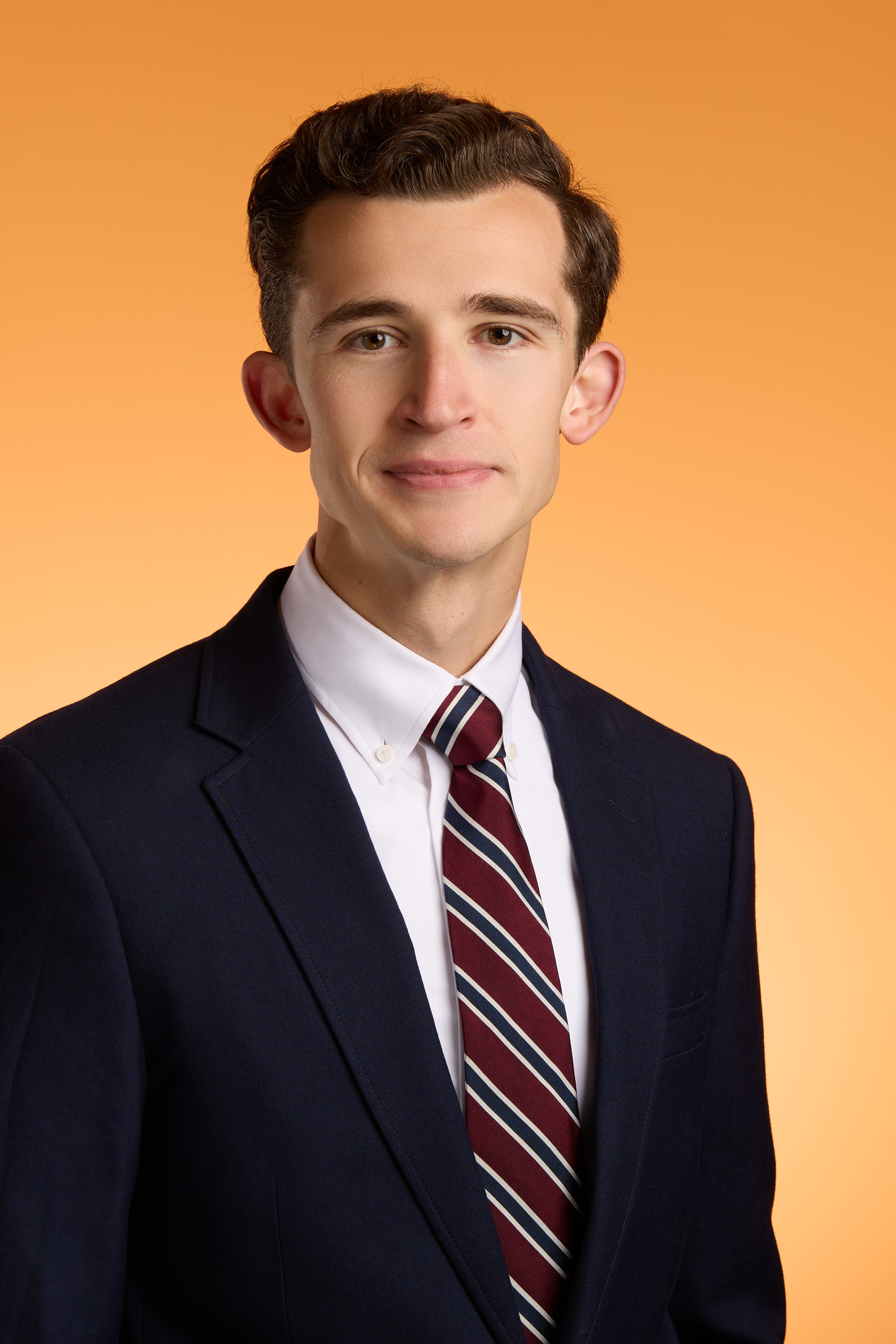
Nicholas Danby
- Scholar
- United States
- 2025 MPhil Politics and International Studies
- St John's College
I grew up in Bangor, Maine, and studied history and foreign policy at Harvard. During college, my research examined postwar U.S. national security strategies and how Western governments navigated great power realignments. With a deep sense of duty and a recognition that I could not truly grasp international security dynamics unless I experienced them firsthand, I joined the US Navy as an intelligence officer. During my time on active duty, I advised senior leaders aboard an aircraft carrier and at the Pentagon, liaised with allies, and analyzed America's threats and competitors. These experiences not only underscored the importance and challenge of balancing military capability with diplomatic engagement, but also the need for history, strategic theory, and policy to work in tandem. At Cambridge, I plan to explore how historical models of nuclear diplomacy can guide modern approaches to strategic competition, particularly how countries can strike a stable coexistence amid great tension. As a Gates-Cambridge Scholar, I look forward to engaging with international perspectives while crafting strategic solutions guided by hindsight, insight, and foresight, and a commitment to peace.
Previous Education
Harvard University History and Government
Amrita Dani
- Alumni
- United States
- 2013 MPhil Education
- Pembroke College
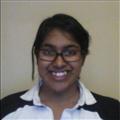
Amrita Dani
- Alumni
- United States
- 2013 MPhil Education
- Pembroke College
I grew up in Newtown, Pennsylvania, the daughter of Indian immigrants to the United States and a student in the local public school system. As an undergraduate at Harvard, I studied the intersections between Arabic, French, and English literary traditions and have spent much of my time focused on cross-cultural dialogue and education through my work at the Pluralism Project, the Philips Brooks House Association, and CONTACT peer counseling. Through the Arts, Creativity, Education, and Culture (ACEC) track of the MPhil in Education at Cambridge, I am excited to explore how the arts and creative thinking can teach students to engage across differences. After Cambridge, I plan to return to the United States and work towards becoming a secondary school English teacher through the Boston Teacher Residency program. Ultimately, I hope to translate my experiences as a student and teacher into a career in education policy, focusing on how educators can engage with cultural diversity.
Nelson Daniel
- Alumni
- Nigeria
- 2022 MPhil Population Health Sciences
- Darwin College

Nelson Daniel
- Alumni
- Nigeria
- 2022 MPhil Population Health Sciences
- Darwin College
A tragic personal event informed my interest in medicine from the tender age of six. My choice of the University of Maiduguri in North East of Nigeria for my undergraduate medical education was a deliberate attempt to gain exposure to some of the most underserved populations in the region, a situation which the Boko Haram violence has worsened. It is noteworthy that Nigeria contributes 19% of global under-five deaths despite accounting for only 2.4% of the world’s population. This experience fuelled my interest in poor, rural underserved populations and informed my decision to specialise in paediatrics. Paediatricians are well-positioned to identify public health issues that adversely affect well-being and are committed to the prevention and early identification of diseases and injuries. This integration of clinical medicine with public health principles is key to attaining genuinely population-oriented multi-level disease prevention. My research interest is in infectious diseases, particularly pediatric lung infections and how these affect the life course, and access to safe and quality healthcare. I am utterly grateful for the opportunity to expand my area of influence beyond the walls of a hospital or clinic.
Previous Education
Ahmadu Bello University Disaster Risk Mgt & Devt Study 2022
University of Maiduguri Medicine and Surgery 2015
Zachary Dannelly
- Alumni
- United States
- 2016 MPhil Technology Policy
- Girton College
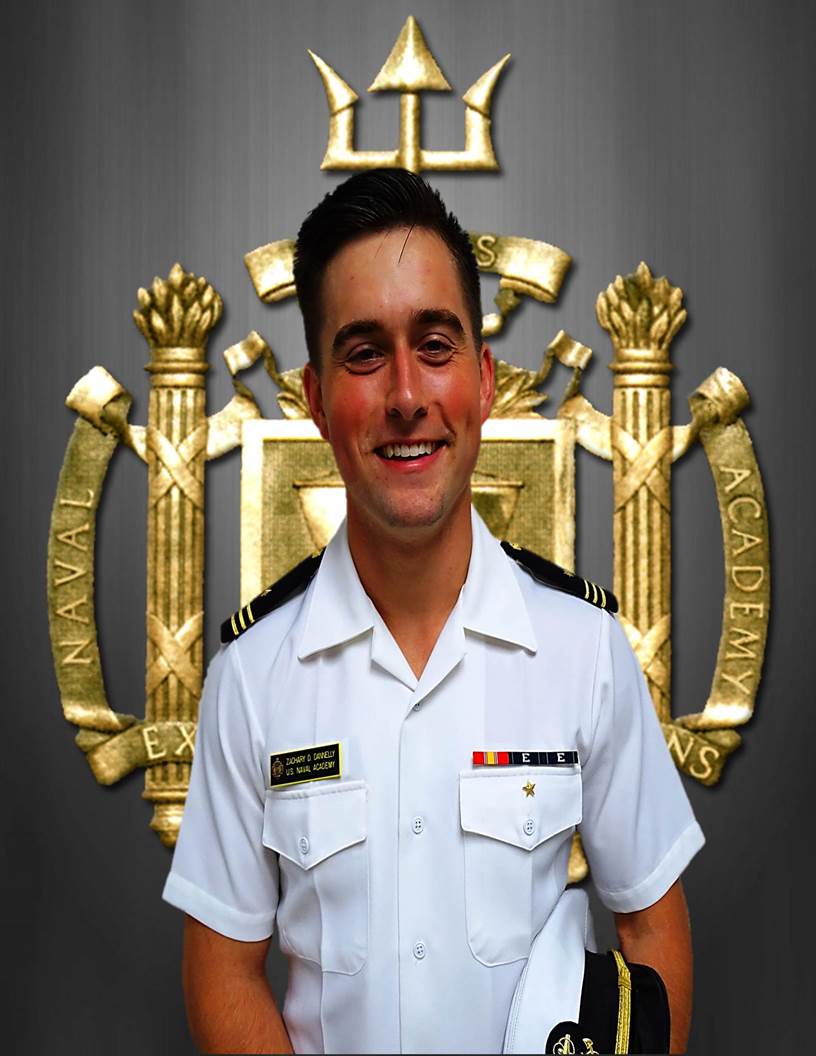
Zachary Dannelly
- Alumni
- United States
- 2016 MPhil Technology Policy
- Girton College
My passion for technology began as a junior at Christian Academy of Louisville. All 10 of us in the AP Computer Science class could take a unique path to the solution and still l not have exhausted all the options. This limitless world of possibilities inspired a young boy who wanted to make some binary contributions. Looking to pursue this drive while also continuing my family’s nine generations of contiguous military service, I looked towards the US Naval Academy for my undergraduate foundation. On major selection day, I rallied to the calling, and I joined the first ever group of Cyber Operations majors. This interdisciplinary degree offers a technical foundation in traditional computer science courses, while appreciating the importance of additional considerations within the domain by including policy and human factors classes. I plan to further develop my holistic exploration into this emerging cyber domain by studying for an MPhil in Technology Policy in the Judge Business School at the University of Cambridge. This education will provide the critical international aperture and public-private sector knowledge necessary to best fulfill my naval career as an Information Warfare Officer actuating US cyber directives. I am humbled to join the Gates Scholarship community and work with globally focused, deeply passionate scholars in a united passion to elevate the state of humanity across all domains and disciplines.
Previous Education
United States Naval Academy
Salma Daoudi
- Alumni
- Morocco
- 2018 MPhil International Relations and Politics
- Lucy Cavendish College
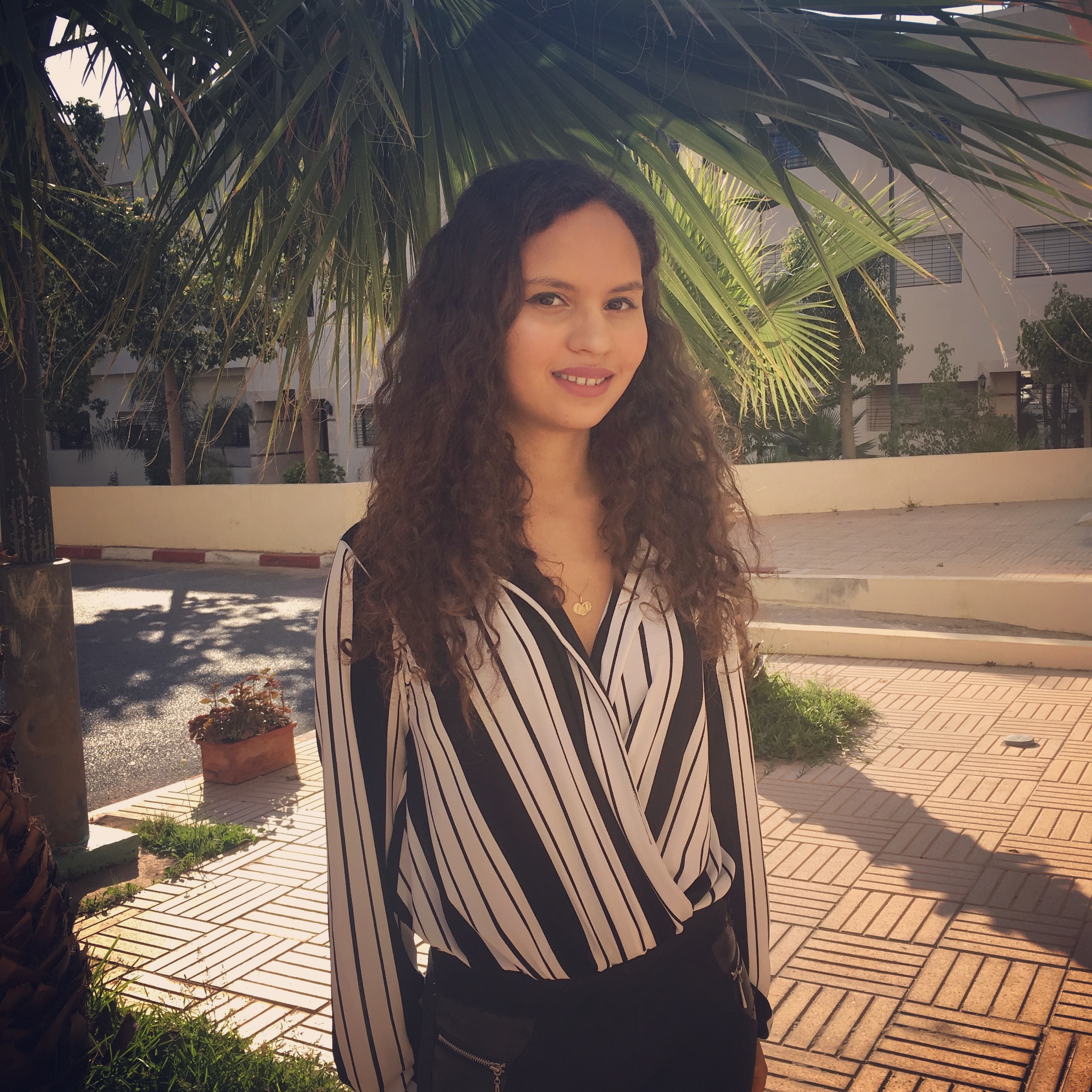
Salma Daoudi
- Alumni
- Morocco
- 2018 MPhil International Relations and Politics
- Lucy Cavendish College
Born and raised in Morocco, I developed early on an interest for politics and international relations, especially as the Arab spring unfold in neighbouring countries. In order to gain a deeper understanding of how development issues can threaten regional and global security, I majored in International Studies at Al Akhawayn University to study and research the development-security nexus. After a semester spent at Binghamton University and an internship at the Moroccan Ministry of Foreign Affairs and International Cooperation, I particularly developed interest for biopolitics and the interrelation between health and security, which has been the main focus of my undergraduate capstone research. During the course of my Mphil in International Relations and Politics at the University of Cambridge, I seek to further deepen our understanding of how failing to provide for the right to health in complex civil war humanitarian emergencies in the MENA region constitutes an emerging security threat. I want my academic research to embody my engagement towards global development and equity, which I have developed while serving the social missions of clubs such as Rotaract and volunteering to tutor refugee children in Morocco. Besides, I also enjoy reading, traveling, and writing fiction. I am honoured to join the Gates Cambridge community, and look forward engaging in an as stimulating as inspirational journey towards improving others’ lives.
Previous Education
SUNY Binghamton
Al Akhawayn University
Jane Darby Menton
- Alumni
- United States
- 2018 PhD Politics and International Studies
- St John's College
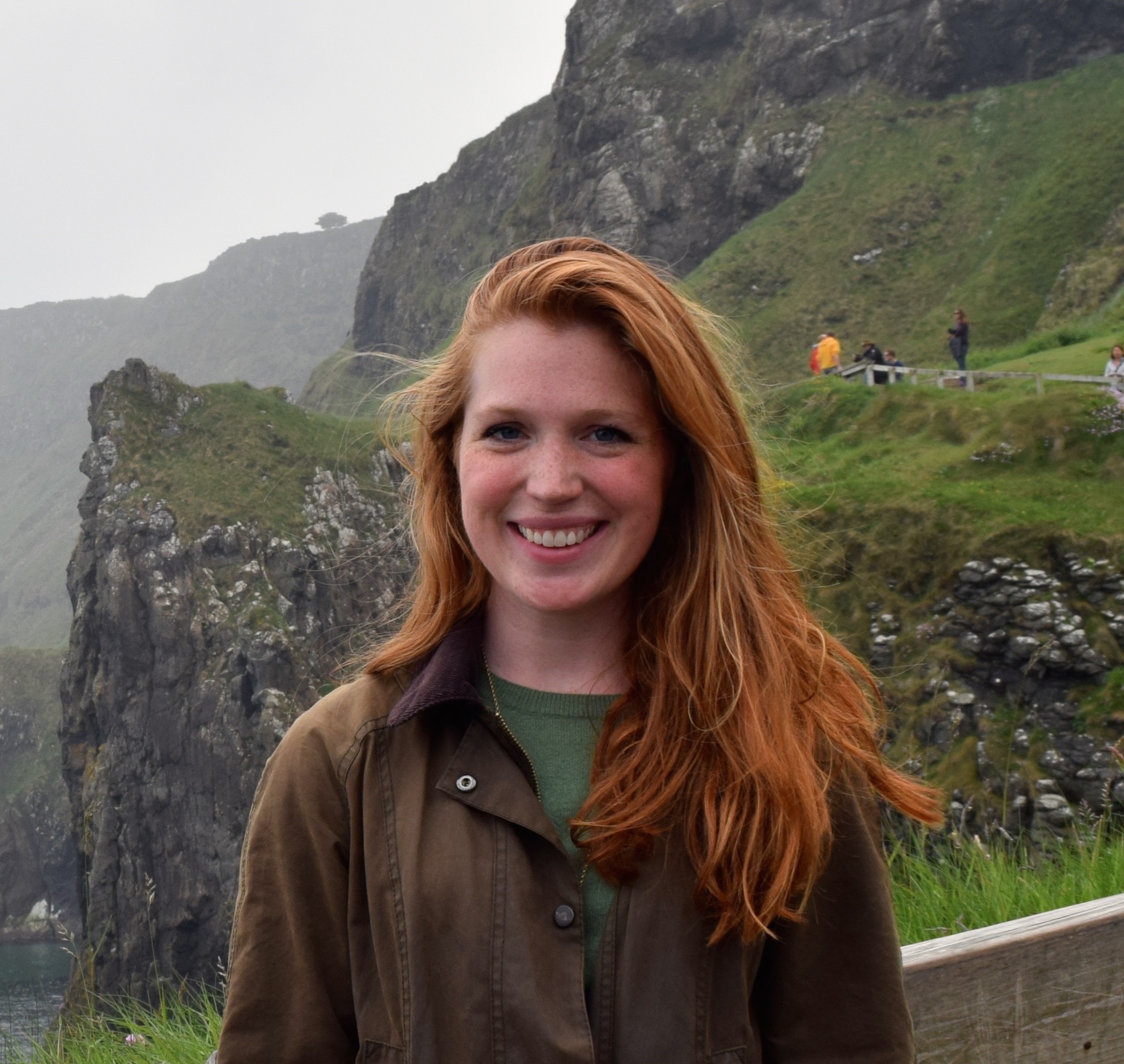
Jane Darby Menton
- Alumni
- United States
- 2018 PhD Politics and International Studies
- St John's College
Growing up in Tallahassee, Florida, I asked way too many questions. In college, I realized curiosity could be a career. I learned about the practice of journalism at the Yale Daily News and CNN. My love of journalism also shaped my academic pursuits and I began focusing my independent research on the successes and failures of American journalism. In 2015, I graduated from Yale with a double BA in History and Global Affairs (Security Studies). After college, I worked as a production assistant at CNN's Anderson Cooper 360 and freelanced in Japan before going to Oxford on a Rhodes Scholarship to study Modern Middle Eastern Studies. After receiving my MPhil, I worked as an editor at Foreign Affairs magazine in New York. At Cambridge, my PhD focuses on the narrative politics of the Iran Nuclear Deal. More broadly, I am interested in tensions between the political and technical dimensions of diplomacy and how stories about other states emerge and develop in the American public sphere.
Previous Education
Yale University
University of Oxford
Elijah Darden
- Scholar
- United States
- 2025 MPhil Population Health Sciences
- Clare Hall
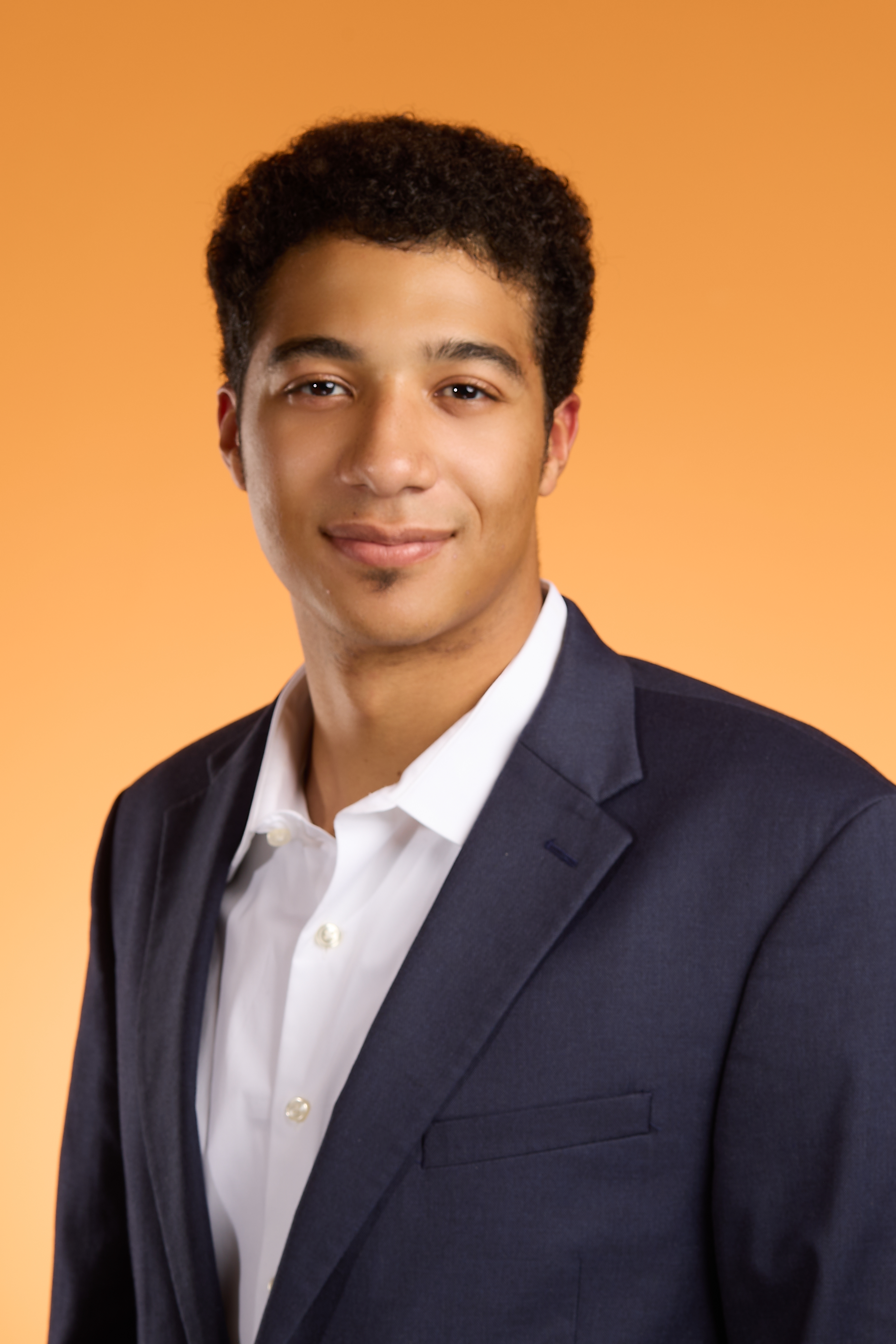
Elijah Darden
- Scholar
- United States
- 2025 MPhil Population Health Sciences
- Clare Hall
Growing up in the suburbs of Chicago, I witnessed the health discrepancies of my family living in urban Illinois and rural Wisconsin. Combined with my maternal lineage and my experience with a genetic cancer syndrome, I was inspired to improve health equity across diverse populations. This led to my undergraduate studies in psychological and brain sciences and music at Washington University in St. Louis, where I learned the importance of finding consilience between diverse fields of study. I applied these philosophies in spearheading community education and public health interventions and conducting research in both the basic sciences and psychology. Drawing upon these experiences, I am excited to continue my studies at Cambridge alongside my fellow Gates-Cambridge scholars, where we are united in our pursuit of leaving meaningful impacts on our communities and the world. As a Population Health Sciences student at Cambridge, I look forward to gaining the expertise to both mean well and do well in my aspirations to improve health equity through research and tailored interventions in medical and community health education.
Previous Education
Washington University Psychological/Brain Sciences
Sofia Dartnell
- Scholar
- United States, Germany
- 2022 PhD Zoology
- Darwin College
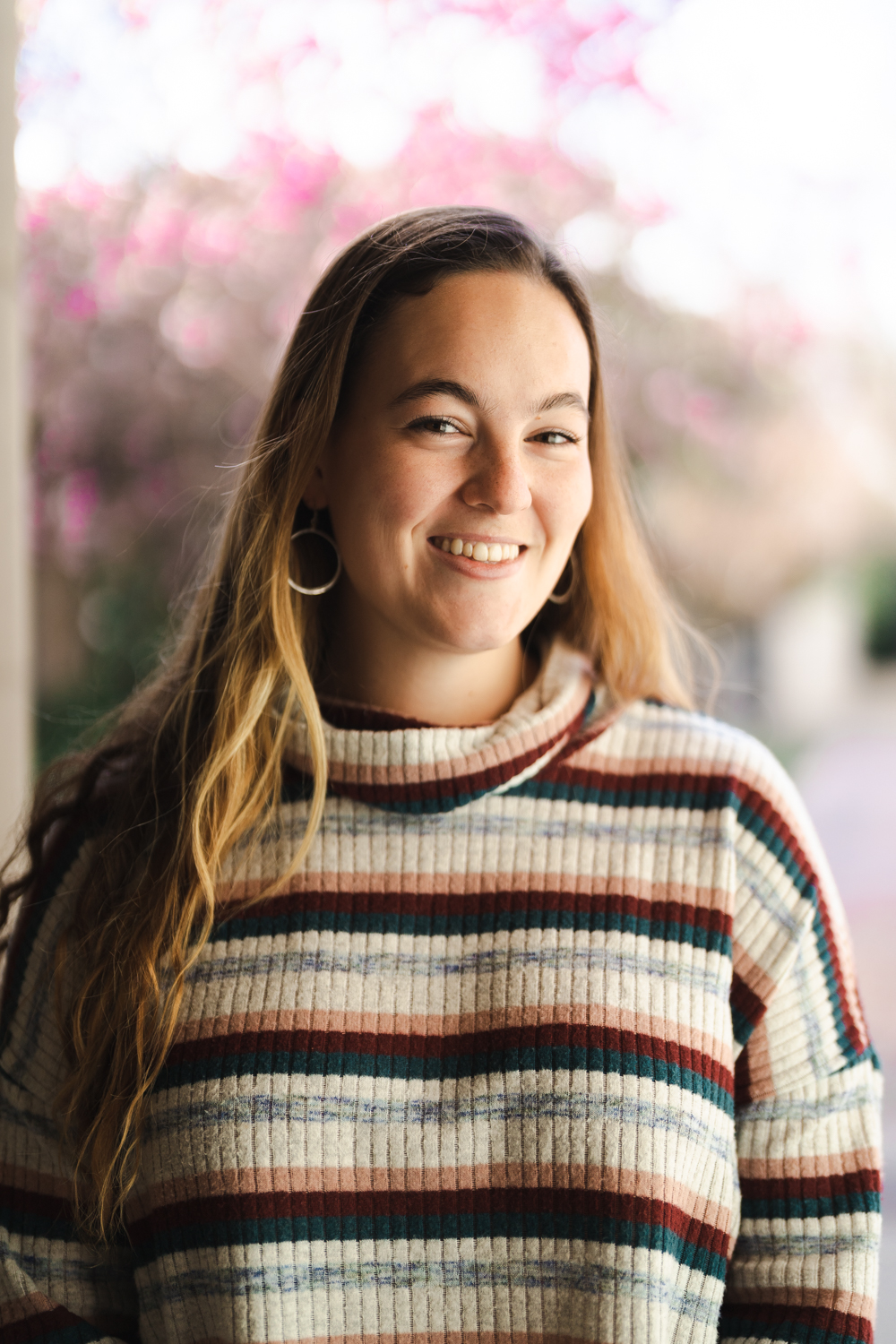
Sofia Dartnell
- Scholar
- United States, Germany
- 2022 PhD Zoology
- Darwin College
Growing up in bucolic Connecticut, I am the girl who saved ants from being squished on the playground, the girl who sat still for hours waiting for a dragonfly to land on my nose. My fate was sealed from an early age: I am an insect lover. As an undergraduate at Pomona College, I studied the impacts of habitat fragmentation, urbanization, and fire on pollinator assemblages. In a time of intense land use change, I am interested in how targeted habitat modifications can help conserve insect diversity. For example, planting native wildflowers next to monocrop agricultural fields enhances bee habitat, increases bee abundances, and may also improve crop yields. I am passionate about igniting sustainable action through education. I am committed to mentoring the next generation to preserve insect biodiversity. With my PhD in Zoology, I hope to become a professor. In the long-term, I aspire to work with global organizations such as the United Nations to champion agricultural mitigation efforts that may be adopted worldwide, allowing pollinators and humans to more harmoniously coexist. I am honored to be selected as a Gates Cambridge Scholar, joining an extraordinary community of learners committed to promoting positive change worldwide.
Previous Education
Pomona College Biology 2022
Preeti Pratishruti Dash
- Scholar
- India
- 2022 PhD Law
- Selwyn College
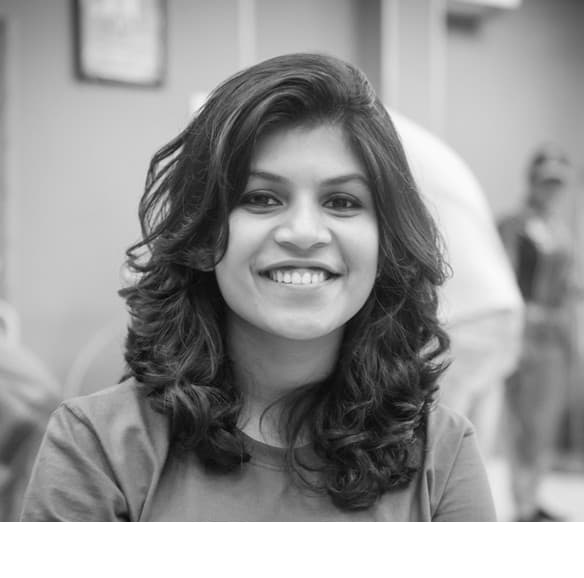
Preeti Pratishruti Dash
- Scholar
- India
- 2022 PhD Law
- Selwyn College
**Preeti will commence her PhD study in 2023.
Previous Education
Oxford University Criminology 2022
Harvard University Law 2019
National Law University Odisha Law 2014
Anjali Datta
- Alumni
- India
- 2009 PhD History
- Trinity College
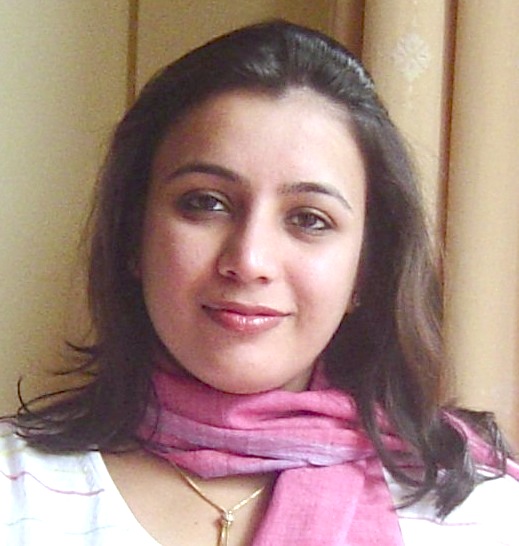
Anjali Datta
- Alumni
- India
- 2009 PhD History
- Trinity College
Dr Anjali Bhardwaj-Datta obtained her PhD in History from University of Cambridge, where her thesis was awarded Ellen MacArthur Prize in Economic History. Currently, she is an Isaac Newton-Leverhulme Early Career Fellow at the Centre of South Asian Studies, Department of Politics and International Studies, University of Cambridge, where she is working on her book manuscript, and a new project on women's informalities and patterns of urban change in Modern South Asia.
Debajyoti Datta
- Alumni
- United States
- 2002 MPhil Biological Science
- Sidney Sussex College

Debajyoti Datta
- Alumni
- United States
- 2002 MPhil Biological Science
- Sidney Sussex College
Neil Davey
- Alumni
- United States
- 2018 MPhil Technology Policy
- Pembroke College
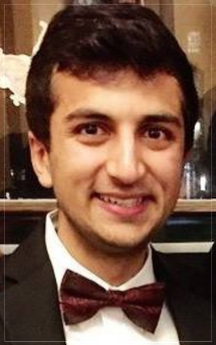
Neil Davey
- Alumni
- United States
- 2018 MPhil Technology Policy
- Pembroke College
Visiting India each summer as I grew up in Maryland, I not only developed a deep appreciation for the beauty of Sanskrit and the rhythm of the Tabla, but also a keen interest in the issue of access to healthcare technology in resource-limited settings. As an undergraduate at Harvard studying Applied Mathematics/Economics with a secondary in Global Health & Health Policy, I founded UniDx, an organization focused on the early-stage diagnosis of infectious diseases using microfluidics-based technology. I traveled to both Peru and India to conduct clinical studies on the low-cost device for individuals with malaria. While there, I found that pure technological solutions were simply not enough to remedy pressing global health problems; rather, a more integrated approach addressing the relevant social, political, and economic barriers was required. Through an MPhil in Technology Policy at Judge Business School, I hope to learn how to better launch technologies in developing countries with a strong understanding of the countries’ local contexts. While at Cambridge, I am particularly excited to interact with faculty who research access to care, as well as be in a community of scholars who will challenge my beliefs and allow me to rethink my perspectives on healthcare. I am so grateful to be joining the Gates Cambridge community, and very eager to be surrounded by a group of intellectuals who are committed to improving the lives of others through scholarship and community engagement.
Previous Education
Harvard University
Sonya Davey
- Alumni
- United States
- 2014 MPhil Geographical Research
- St Catharine's College
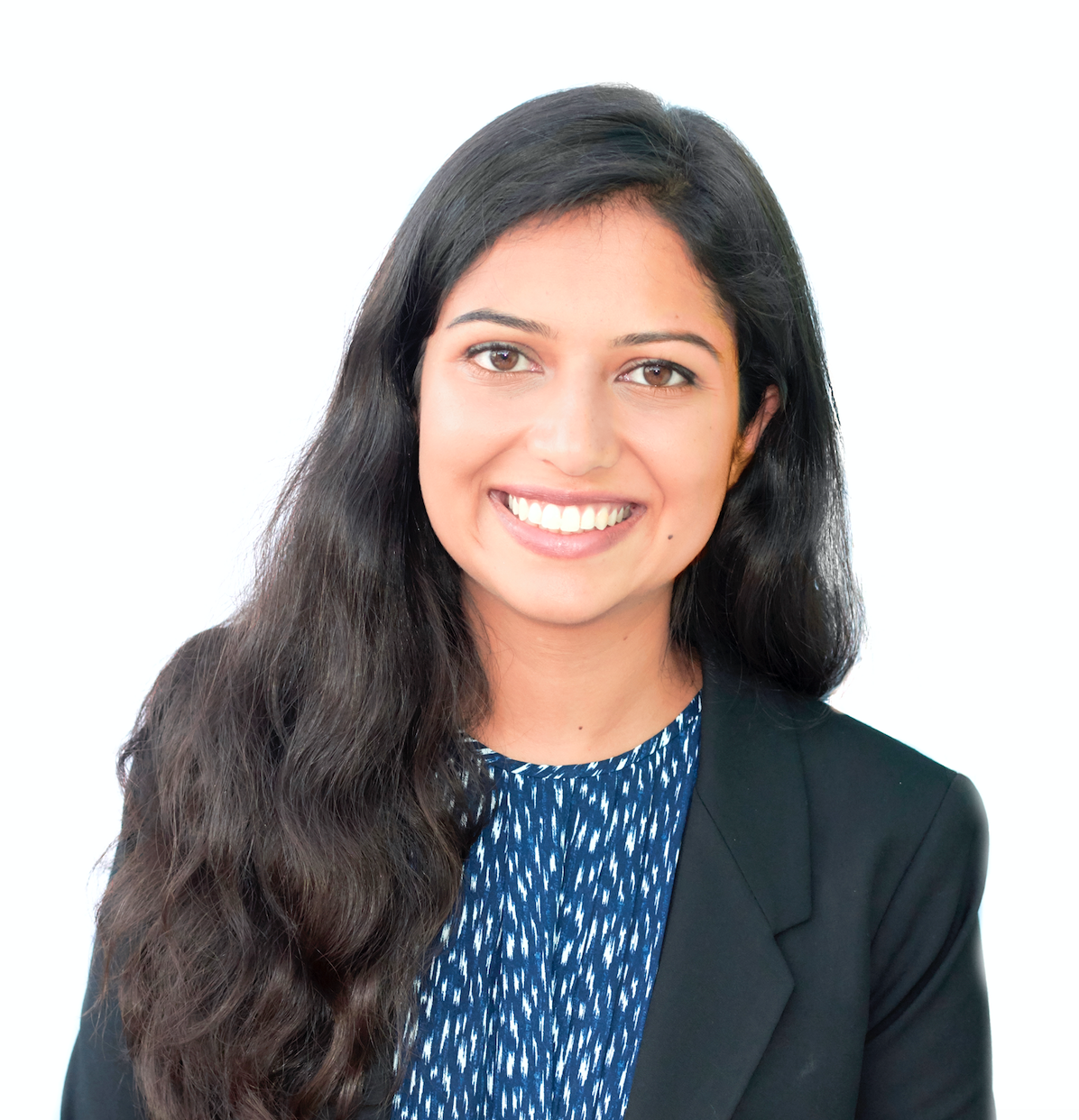
Sonya Davey
- Alumni
- United States
- 2014 MPhil Geographical Research
- St Catharine's College
I am a resident physician in Internal Medicine at the Harvard Medical School/Brigham and Women's Hospital who interested in global women's health, health equity, and infectious diseases. I completed an MPhil in Geography at the University of Cambridge and studied the demographics of female-selective abortion in India. My work has included analysis of HIV mother-to-child transmission and development of cervical cancer screening technology.
Previous Education
University of Pennsylvania BA in Biology, Health & Societies (Global Health), and South Asian Studies 2014
Joshua Davidson
- Alumni
- United States
- 2002 Diploma Computer Science
- Darwin College

Joshua Davidson
- Alumni
- United States
- 2002 Diploma Computer Science
- Darwin College
Since I graduated from Cambridge I have moved to the San Francisco Bay Area originally in order to join a federally-funded (MBDA and SBA) business consulting company serving minority and women-owned businesses in low-income communities. However, since then, I have moved on to be a Business Analyst with Broadlane, a nationally renowned health-care sourcing organization, in downtown San Francisco, CA.
Alexander Davies
- Alumni
- Australia
- 2010 PhD Engineering
- Trinity College
Alexander Davies
- Alumni
- Australia
- 2010 PhD Engineering
- Trinity College
Alex Davies He made the first Twitter happiness map of the world, appeared on BBC World News as an emoticon expert and did some real work during his PhD as well. He currently works at Google on machine intelligence for productivity.
Edward Davis IV
- Alumni
- United States
- 2008 MPhil Social Anthropological Analysis
- St John's College
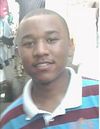
Edward Davis IV
- Alumni
- United States
- 2008 MPhil Social Anthropological Analysis
- St John's College
Global Anthropologist —— Scholar of Africa and the African Diaspora
Previous Education
University of California-Berkeley African American Studies 2006
New York University; The Gallatin School Africana political pedagogies in Francophone and Lusophone contexts 2004
Links
https://www.sd162.org/Domain/2049
http://UlonoGPS.com
https://www.linkedin.com/in/edward-c-davis-iv-phd-7504141a
Jacqueline Davis
- Alumni
- Australia
- 2014 PhD Psychology
- Clare College
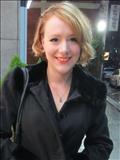
Jacqueline Davis
- Alumni
- Australia
- 2014 PhD Psychology
- Clare College
I come from a sub-tropical Australian city, and have strong family ties to rural and outback Australia. Having always lived in a relatively remote area, I am looking forward to the stimulation and connectedness of Cambridge. My interest in human systems and psychology was developed over a series of research projects looking at human interaction from a variety of perspectives, including criminology, developmental psychology, human behavioural ecology, conservation psychology, and cross-cultural behavioural economics. Volunteering in a women's legal aid centre inspired my passion for gender equality and interest in gender development. During my PhD I hope to learn about cross-cultural differences in gender development, and male and female societal roles, through fieldwork in a remote Pacific Island community. I am hugely excited to have this wonderful opportunity to learn and grow as part of the Gates Cambridge community.








